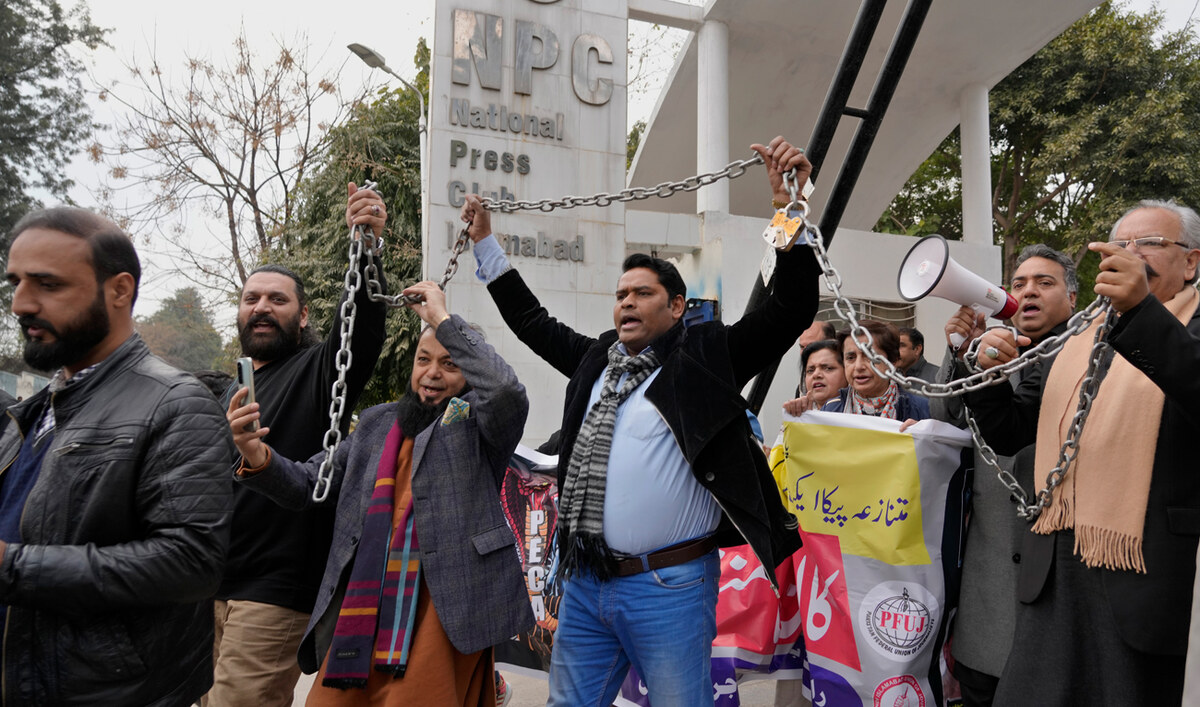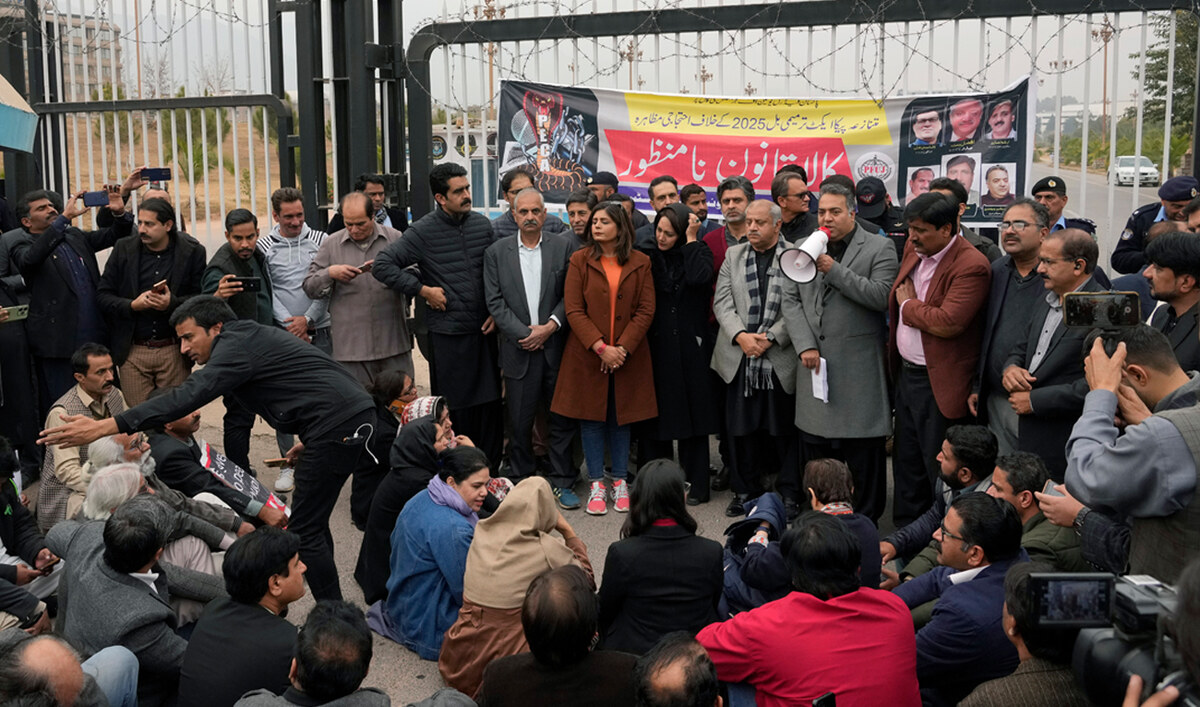KARACHI: Women in Pakistan’s most densely populated Karachi city on Friday welcomed an announcement by the Sindh government to launch its first women-only “pink buses” from February, saying the initiative would protect them from harassment while traveling in public transport.
The announcement to launch the bus service was made by the provincial minister for information, transport and mass transit, Sharjeel Inam Memon, in a Twitter post on Thursday.
He said the provincial administration initially wanted to introduce 10 buses on specific routes that would exclusively serve the city’s female population.
Memon revealed the first route would be between Model Colony and Tower, though more areas would soon be added to the list.
“Women have to face all kinds of harassments in public buses,” Syeda Zehra, a 32-year-old Karachi-based journalist, told Arab News while reacting to the development. “There are lewd expressions, whistles, stares and remarks that start from roadsides and follow them inside the buses.”
She mentioned physical harassment by men using the front gate of the public transport.
“I have seen women putting their notebooks and registers at the gaps between seats so men from behind don’t poke or pinch,” she continued. “I prefer using seats with no men at the backside because it takes a toll on you to always be conscious and alarmed even after 10 hours of work and commute.”
Zehra said she had used public buses throughout her life, adding there was always a flood of passengers during peak hours.
“The bus compartment for women is already very small and crowded,” she said. “While I do not believe that segregation is a solution, an all-female bus is a good initiative if it works efficiently because there are too many routes and female population to cover within Karachi.”
The Sindh government’s initiative is not the first in the country since similar buses were recently introduced in Khyber Pakhtunkhwa and Gilgit-Baltistan regions. Given the challenges women face while taking public transport across the country, it is widely thought they would feel much safer while traveling in pink buses.
Fauzia Soomro, 33, who teaches at the Benazir Bhutto Shaheed University in Lyari, said she relied on urban transportation service on a daily basis.
“The way men stare at women while commuting in buses is just unacceptable,” she told Arab News. “Men try to make physical contact while getting on and off the bus which is quite disturbing.”
Mahnoor, another young woman who was not willing to share her full name, said she was a 22-year-old student who mostly traveled from Orangi Town to I.I. Chundrigar Road and faced similar issues on every trip to and from her university.
“Everyone is aware that there are separate compartments for men and women,” she said. “But men usually prefer to use women’s compartment gate for entry and exit. The buses are always loaded and men take advantage of the situation and attempt to touch private parts of women.”




















